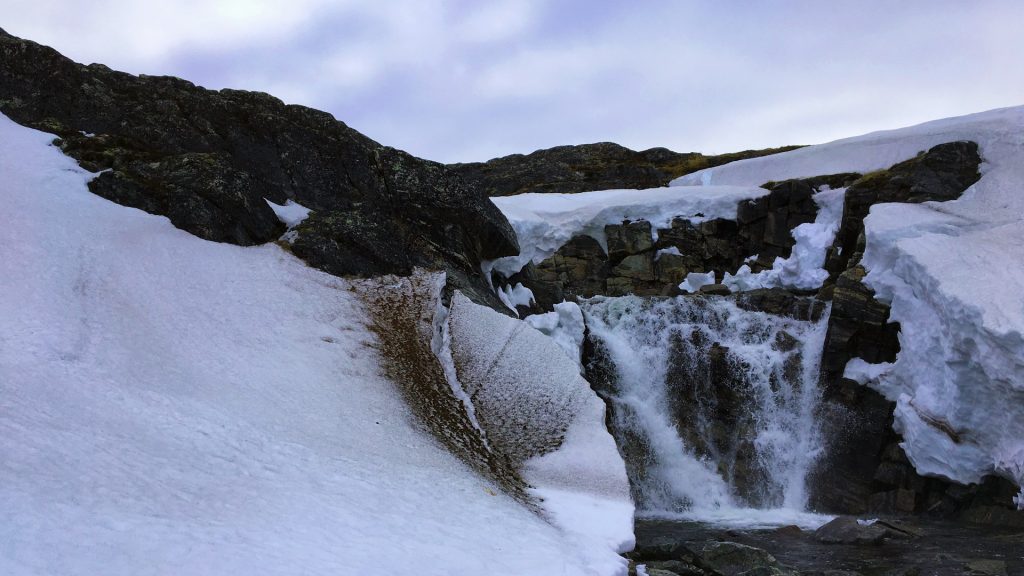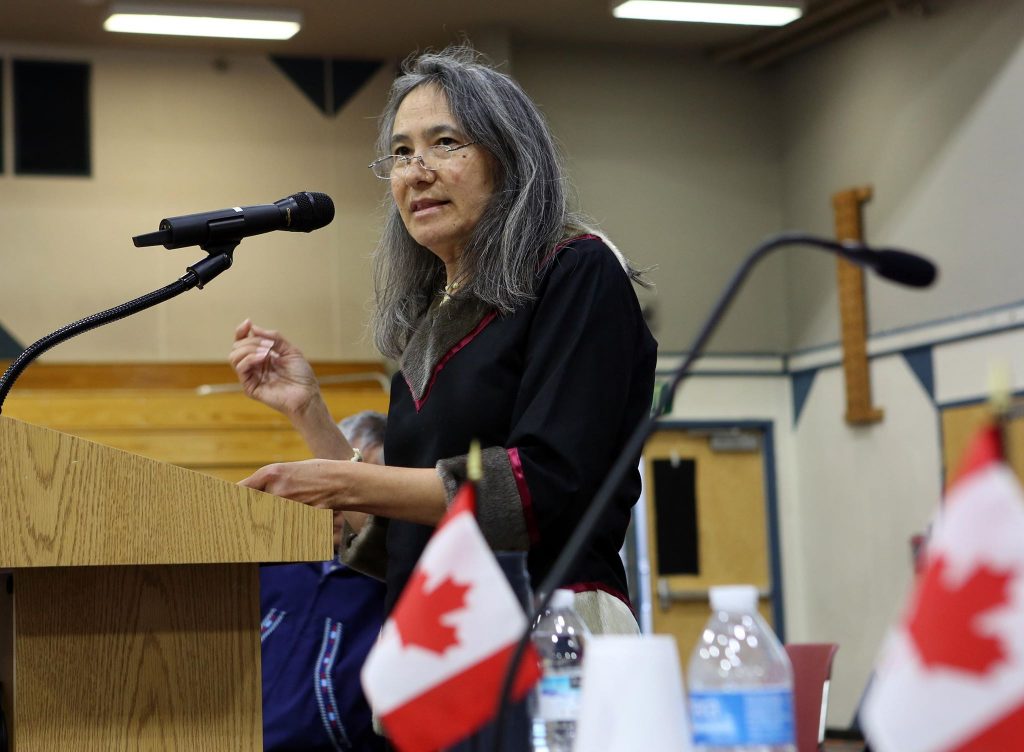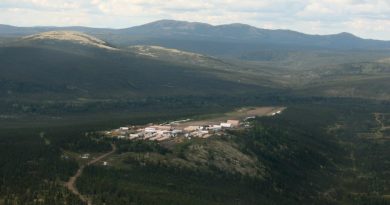UN climate report confirms what’s been witnessed in Inuit Nanaat for decades, says int’l Inuit org

The Inuit Circumpolar Council (ICC) says the United Nations climate report released this week confirms what Inuit have been witnessing in their homeland, known as Inuit Nunaat, for over three decades.
“Inuit have moved beyond “if” climate change is real to action to protect Inuit Nunaat – our Inuit homeland – including the Arctic land, sea ice and the Inuit way of life,” ICC Chair Dalee Sambo Dorough said in a news release on Tuesday.
“Inuit have been calling for immediate action to contain temperature rise to 1.5 C, as even this increase will see the reduction in Arctic sea ice, snow cover and permafrost loss continue.”
Inuit food security under threat
The Intergovernmental Panel on Climate Change (IPCC) Report, released on August 9, sounded the alarm saying the international community was close to reaching the warming threshold of 1.5 C.
It warned that if action wasn’t taken to restrict greenhouse gas emissions immediately, and on a large scale, that limiting warming to even 2 C could be beyond reach with drastic implications for humanity, especially for the North.
“Warming over land is larger than the global average, and it is more than twice as high in the Arctic,” the IPCC said in a news release.
Sambo Dorough said the implications for Inuit will be far reaching.
“Both the Policy Summary and the Technical Summary note with high confidence that the rate change continues, with sea ice becoming younger, thinner and more dynamic (very high confidence),” Sambo Dorough said.
“Such change has severe consequences for our food security and multiple other aspects of our day to day lives.”

Lisa Koperqualuk, ICC Canada Vice-President (International), echoed calls by scientists for policy makers to take urgent action, and urged greater incorporation of Inuit knowledge into national and international climate responses.
“Inuit recognized early that safeguarding the Arctic would protect the planet – however, these calls remain unheard,” Koperqualuk said.
“As an observer to the IPCC, ICC advocated for the co-production of knowledge to guide the AR6, which would include Indigenous Knowledge as an important knowledge source.”
(AR6 is the sixth IPCC assessment report that will be out in 2022. It consists of three working group reports and one synthesis report.)
The Inuit Circumpolar Council represents the approximately 180,000 Inuit in Alaska, northern Canada, Greenland, and Chukotka, Russia
Write to Eilís at eilis.quinn@cbc.ca
Related stories from around the North:
Canada: Arctic climate change among priorities of Canada’s new Governor General, Eye on the Arctic
Finland: Finland’s July temperatures in Lapland one to three degrees above average, Yle News
Greenland: UN sounds clarion call over ‘irreversible’ climate impacts by humans, Thomson Reuters
Norway: Polar bears face extinction in Svalbard and Arctic Russia says scientist, The Independent Barents Observer
Russia: Extreme fire activity continues in Yakutia, Russia, Eye on the Arctic
Sweden: Sweden’s environment and climate minister responds to UN climate report, Radio Sweden
United States: Alaska’s Northwest Arctic Borough gets $2 million tribal energy grant, Alaska Public Media



